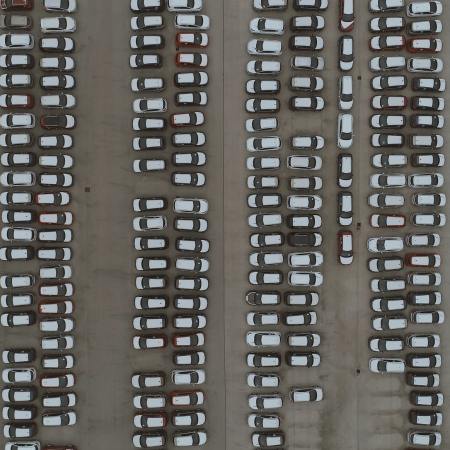It’s been a strange couple of years for buying and selling cars. Earlier this year, The Verge’s Sean Hollister wrote about an intriguing phenomenon — selling his used car, a 2014 Honda Fit, for more money than he’d paid for it. The buyer? The car sales website Carvana. Since 2020, the market for new and used vehicles has gone through a number of permutations, driven by the pandemic and supply chain shortages — and the convenience of Carvana’s platform appealed to many buyers and sellers.
Now, however, the company is in a much more uncertain place. A recent Bloomberg article (via Autoblog) cites a forecast from Colin Sebastian, an analyst at Robert W. Baird, that paints an especially bleak future for Carvana.
“We are lowering our price target to $7 from $30 to reflect a higher likelihood of insolvency by 2024 without a faster reduction in operating costs and/or access to significant liquidity,” Sebastian wrote. And, as the article points out, he isn’t the only analyst who seems an uphill road ahead for the online retailer.
The article goes on to cite multiple factors, including a decline in used car values and inflation affecting consumers’ purchasing decisions, as having an influence on Carvana’s troubles. Those difficulties have also impacted the company’s day-to-day operations: Carvana recently announced that it was laying off 1,500 employees.
Thanks for reading InsideHook. Sign up for our daily newsletter and be in the know.

















